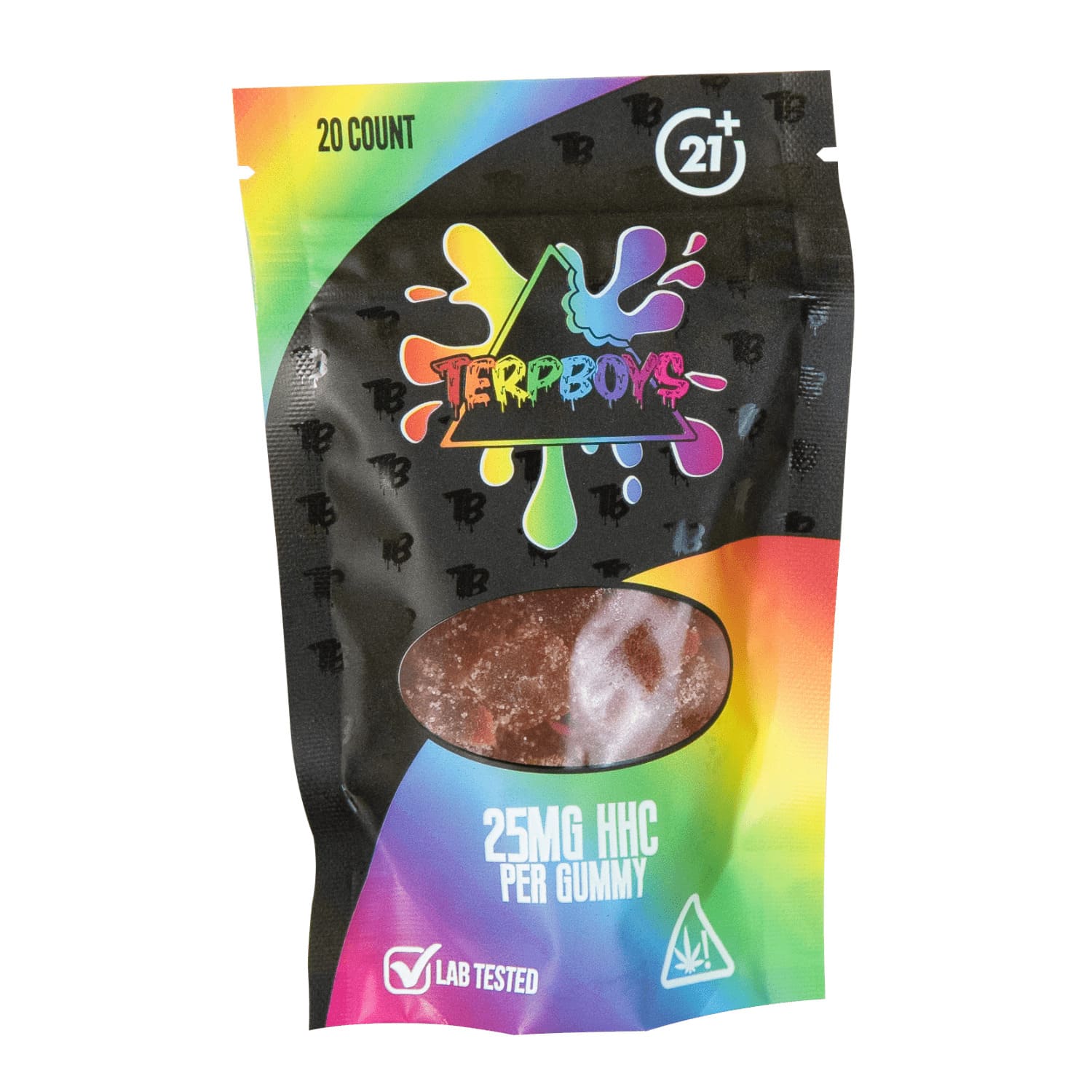Product Offers
Share your best offers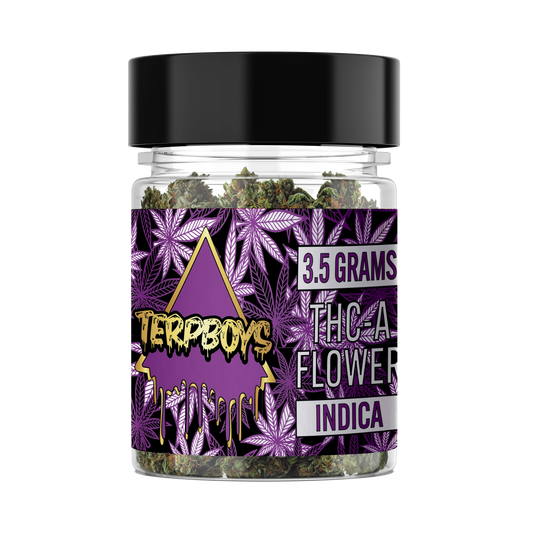

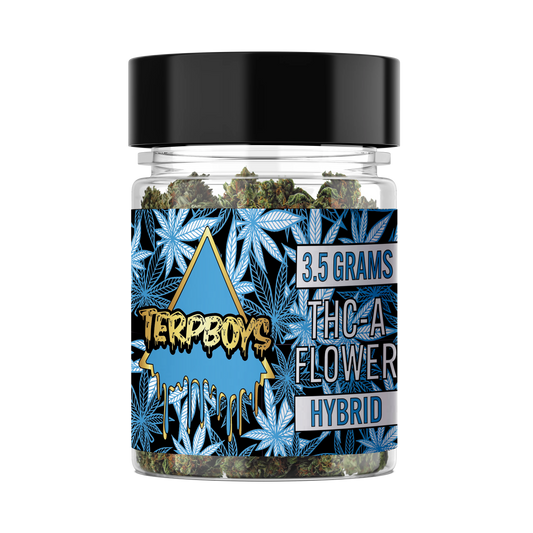
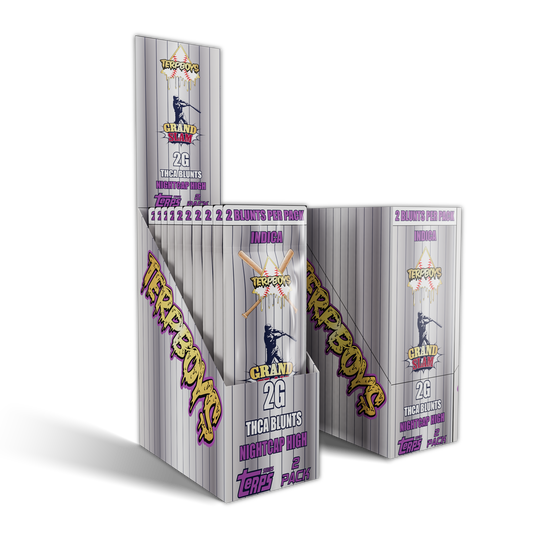
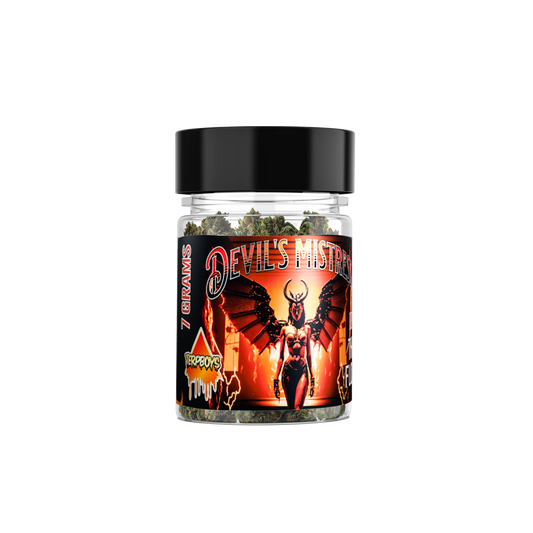

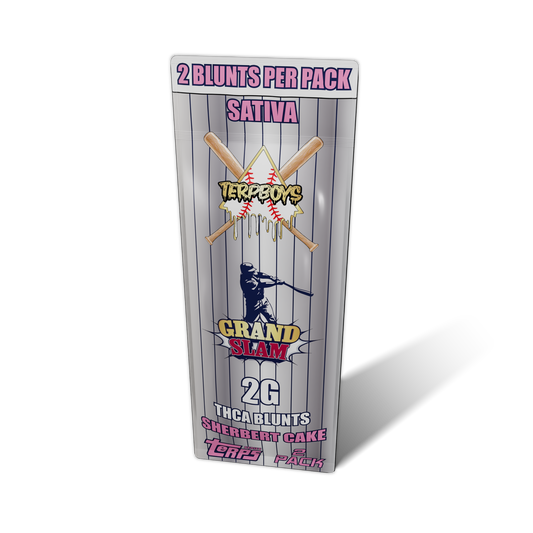
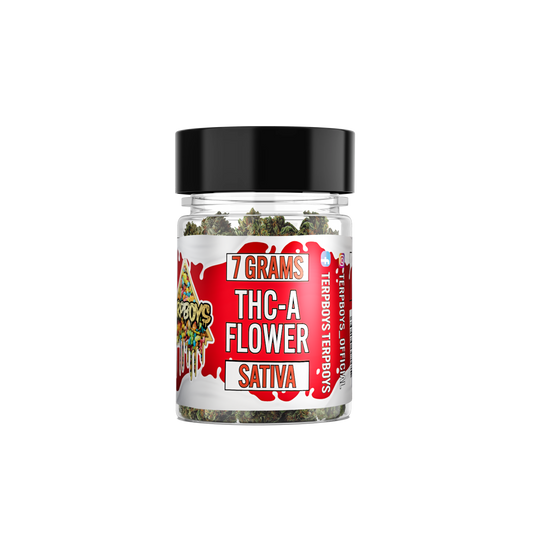
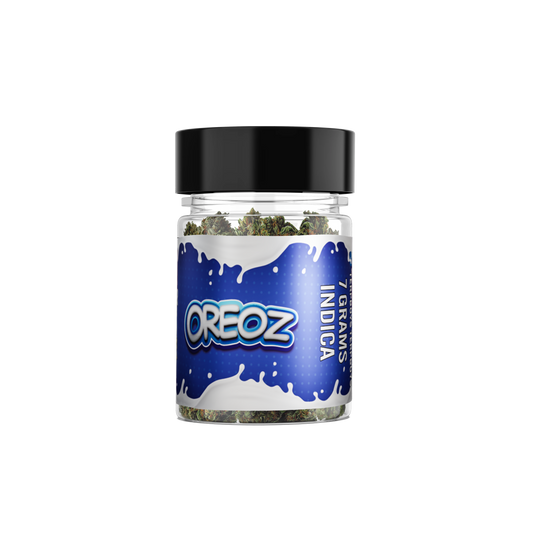
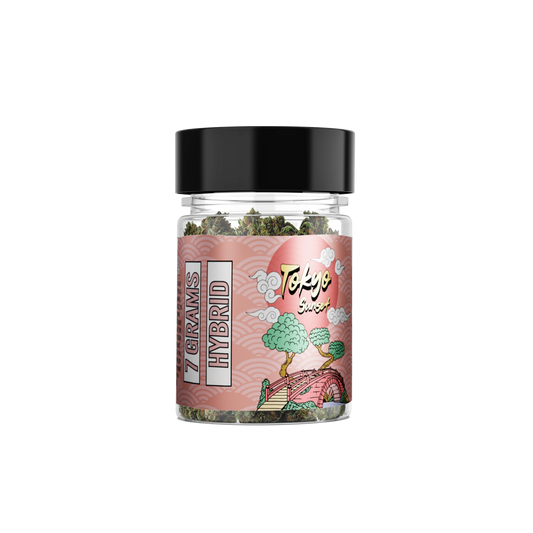
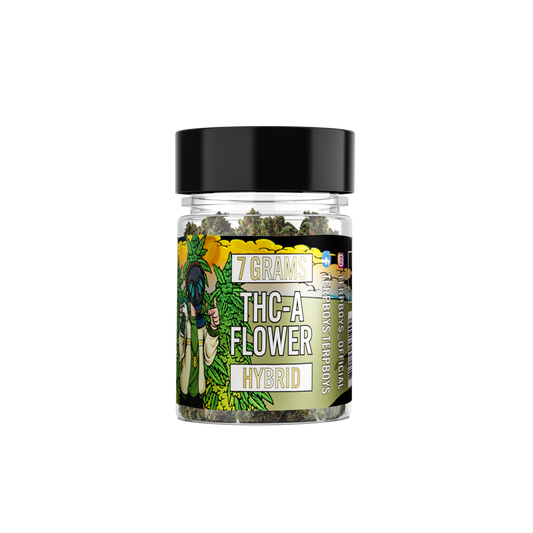
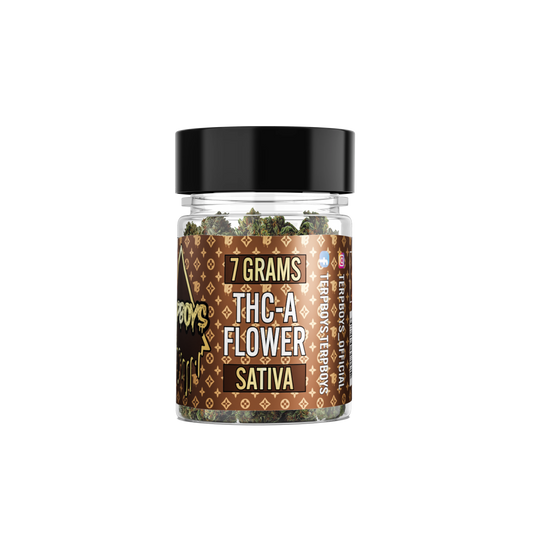
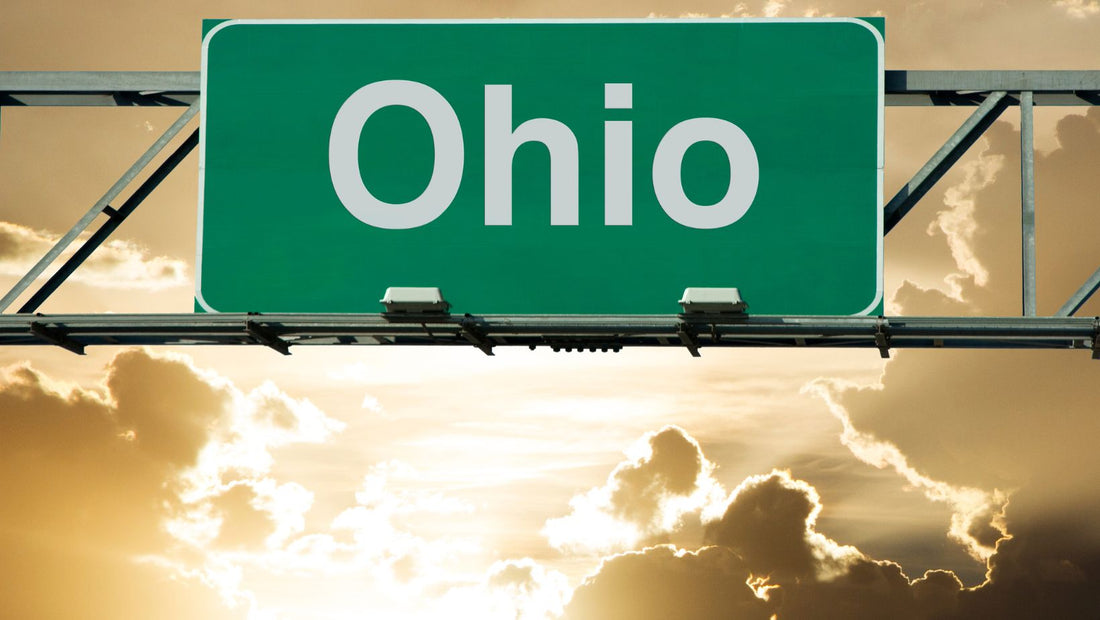
Is Delta 8 Legal in Ohio?
Explore the current legal status of Delta 8 THC in Ohio and what it means for consumers and businesses alike.
Is Delta 8 Legal in Ohio?
In Ohio, the legality of Delta 8 hinges on the intricate details of both state and federal regulations. Currently, Delta 8 THC is legal in Ohio under state law, following the guidelines set forth by the 2018 Farm Bill which legalized all hemp-derived cannabinoids, extracts, and derivatives as long as they contain less than 0.3% Delta 9 by dry weight.
This includes Delta 8 THC, a mildly psychoactive compound that is often synthesized from hemp-derived CBD. Ohio's own regulations mirror federal law, primarily through the state's alignment with the Farm Bill's definitions and stipulations.
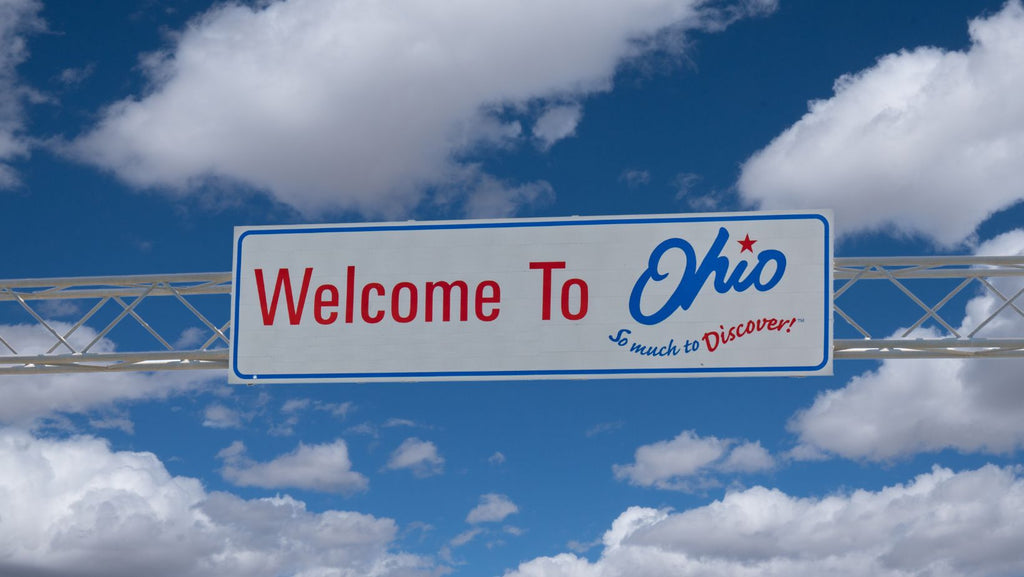
Consumers and retailers in Ohio must ensure that all Delta 8 products conform to these THC content restrictions and are derived from legally grown hemp. This requires vigilance in sourcing products and continual education on both the evolving federal stance and any state-specific amendments that might impact the availability and legality of Delta 8 products.
As cannabis laws continue to evolve both in Ohio and nationally, stakeholders are encouraged to stay informed about potential legislative changes that could influence the current status of Delta 8.
History of Delta 8 Laws in Ohio
The legal landscape for Delta 8 THC in Ohio has evolved significantly over the past few years, largely influenced by changes at the federal level and growing public and political acceptance of hemp and its derivatives.
Here’s a more detailed historical timeline of Delta 8 laws in Ohio:
- Pre-2018: Hemp and all its derivatives were classified similarly to marijuana under federal and Ohio law, making them broadly illegal.
- 2018: The U.S. Farm Bill was signed into law in December 2018, distinguishing hemp from marijuana by THC content and legalizing hemp with less than 0.3% Delta 9 THC on a dry weight basis.
- 2019: Ohio followed federal guidance by passing Senate Bill 57 in July 2019, which explicitly legalized hemp cultivation and the sale of hemp-derived products in Ohio, aligning state law with the Farm Bill.
- 2020-2021: The market for Delta 8 THC grew rapidly as manufacturers and consumers in Ohio took advantage of the new regulatory environment.
- 2022: Discussions and clarifications regarding the regulation of synthetically derived cannabinoids, including Delta 8, highlighted ongoing legal uncertainties and the potential need for additional state-specific regulations.
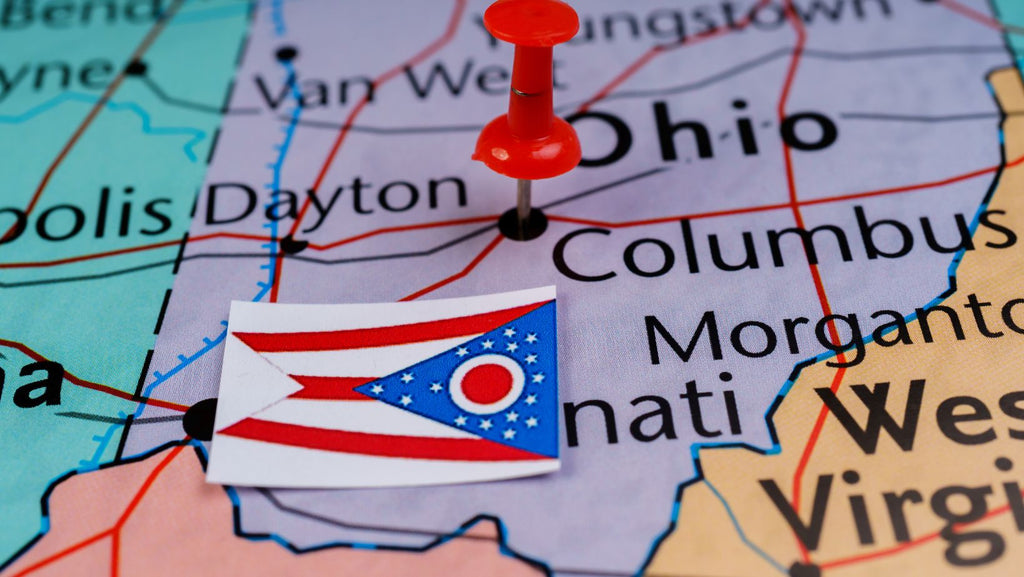
This timeline reflects the dynamic nature of cannabis regulation, with legal statuses capable of shifting as legislators and regulatory bodies respond to new information and societal attitudes.
Navigating Delta 8 Regulations: How Ohio Compares to Other States
Ohio's regulatory stance on Delta 8 THC is relatively lenient, aligning closely with the federal 2018 Farm Bill, which permits hemp-derived cannabinoids as long as the Delta 9 THC content remains below 0.3%. This permissive approach contrasts sharply with several other states that have specific regulations impacting the accessibility and legality of Delta 8 due to varying reasons such as health concerns and the synthetic nature of the product.
For example, states like Alaska, Arizona, Arkansas, and Colorado have outright bans on Delta 8, treating it similarly to Delta 9 THC due to concerns over its psychoactive effects and the unregulated nature of its production. States such as North Dakota, Idaho, and Mississippi also fall into this category, enforcing strict prohibitions against all forms of THC, including Delta 8.

Conversely, states like Michigan and Illinois, where recreational cannabis is legal, regulate Delta 8 similarly to Delta 9 THC but allow its sale and use within a regulatory framework that includes testing and labeling requirements. In these states, Delta 8 is available much like any other cannabis product, with the advantage of being accessible through both medical and recreational cannabis outlets.
Other states like Oregon and California, known for their progressive cannabis laws, regulate Delta 8 through comprehensive cannabis and hemp programs that ensure products meet quality and safety standards before reaching consumers. These states require rigorous testing and transparent consumer labeling to maintain safety standards.
| State | Legal Status of Delta 8 | Regulatory Approach |
|---|---|---|
| Ohio | Legal | Permissive, follows 2018 Farm Bill |
| Alaska | Illegal | Bans all forms of THC, including Delta 8 |
| Arizona | Illegal | Similar ban due to synthetic concerns |
| Arkansas | Illegal | Restricts all THC forms |
| Colorado | Illegal | Bans Delta 8 despite legal cannabis |
| Michigan | Legal | Regulated like recreational cannabis |
| Illinois | Legal | Included in recreational cannabis laws |
| North Dakota | Illegal | Strict prohibition on all THC forms |
| Oregon | Legal | Highly regulated within cannabis programs |
| California | Legal | Strict testing and labeling required |
Shipping Delta 8 Products to & From Ohio
Shipping Delta 8 products to and from Ohio is permissible under state law, as long as the products comply with both Ohio's regulations and the federal limit of less than 0.3% Delta 9 THC by dry weight. Businesses and consumers should be aware, however, of the varying legal statuses of Delta 8 in other states, which can complicate interstate transactions. Popular Delta 8 products include:
- Delta 8 Gummies: These edible products are favored for their ease of use and controlled dosing. They must be packaged securely and labeled accurately to ensure they do not appeal to children.
- Delta 8 Chocolates: Similar to gummies, these edibles offer a delicious way to consume Delta 8. Proper packaging and clear labeling are critical to comply with state and federal laws.
- Delta 8 Flower: This form of Delta 8 is sprayed onto hemp flowers and can resemble traditional cannabis in appearance and use. It is essential for sellers to ensure the product is clearly marked as hemp-derived.
- Delta 8 Vapes: These are among the most popular Delta 8 products. They require careful packaging to prevent leaks and must include proper labeling to inform consumers about the content and compliance with THC limits.
Things to Consider When Buying Delta 8 in Ohio
When purchasing Delta 8 products in Ohio, it’s important to make informed choices to ensure safety, legality, and quality. Whether you're a seasoned user or new to Delta 8, considering several key factors can help guide your purchasing decisions effectively:
- Legality: Confirm that the Delta 8 products are derived from hemp and contain less than 0.3% Delta 9 THC, adhering to both Ohio law and federal regulations.
- Quality Assurance: Look for products that have been third-party lab tested to verify their purity and potency. Certificates of Analysis (COA) should be readily available from reputable suppliers.
- Reputable Vendors: Purchase from reputable vendors who are transparent about their sourcing and manufacturing processes.
- Product Type: Consider which form of Delta 8 suits your needs best, whether it’s edibles, vapes, oils, or flowers.
- Dosage: Pay attention to the dosage information to ensure proper usage, especially if you are new to Delta 8 products.
- Ingredients: Check the list of ingredients for any potential allergens or additives that you may wish to avoid.
- Reviews and Recommendations: Read customer reviews and seek recommendations to learn about the efficacy and safety of the products from other users.
- Packaging: Ensure that the product packaging is secure and provides adequate information regarding usage, dosage, and storage.
- Price Comparison: Compare prices across different vendors to ensure you are getting a fair deal, but also consider that very low prices might indicate lower quality or counterfeit products.
The Impact of Delta 8 Legislation on Ohio Businesses
The legalization of Delta 8 THC under Ohio law has had a significant impact on businesses within the state, particularly those in the cannabis and hemp industries.
By aligning state regulations with the federal 2018 Farm Bill, Ohio has enabled a flourishing market for hemp-derived products, including those containing Delta 8 THC. This legal status has allowed local businesses to expand their product offerings, which in turn attracts a broader customer base interested in exploring the therapeutic and recreational benefits of Delta 8.
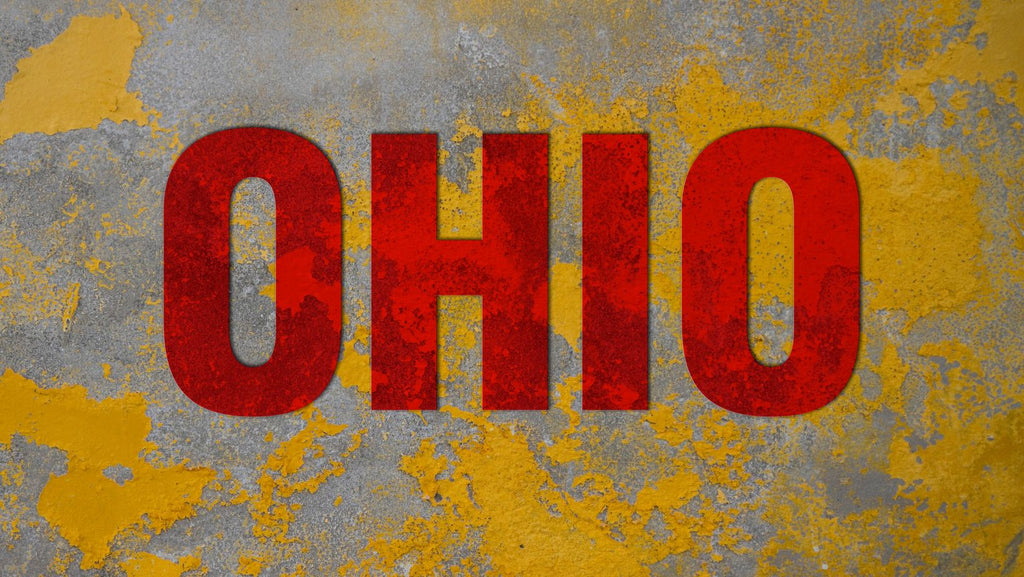
For businesses, the clear legal framework has provided the necessary stability to invest in product development, marketing, and distribution channels. Retailers, manufacturers, and distributors have seen growth opportunities, not only in terms of revenue but also in job creation and innovation within the sector.
However, this growth comes with responsibilities—businesses must ensure strict compliance with THC content regulations and consumer safety standards, which requires rigorous testing and quality control measures.
Additionally, the evolving nature of cannabis laws necessitates ongoing legal and regulatory vigilance to adapt to potential changes that could impact the market dynamics and operational practices.
Legal Challenges and Debates Surrounding Delta 8 in Ohio
Despite the legal acceptance of Delta 8 THC in Ohio, the compound continues to be the subject of legal challenges and debates. One primary area of contention arises from the method of Delta 8 THC production. Unlike Delta 9 THC, which occurs naturally in significant quantities in cannabis, Delta 8 is often converted from CBD in laboratory settings.
This synthetic transformation has led to debates over whether Delta 8 should be classified and regulated more stringently, similar to synthetic cannabinoids, which are typically subject to stricter controls than naturally occurring compounds.

Furthermore, the legal ambiguity at the federal level concerning Delta 8’s classification adds another layer of complexity. While the DEA has issued statements suggesting that synthetically derived tetrahydrocannabinols should be considered controlled substances, the enforcement and application of this principle remain inconsistent.
This uncertainty leads to challenges for businesses operating in multiple states and for law enforcement agencies trying to navigate and enforce the laws.
Additionally, there is ongoing discussion about the need for more comprehensive consumer safety regulations specific to Delta 8 products, given the psychoactive nature of the compound and the potential for variability in product potency and purity.
Ohio Medical Cannabis vs. Delta 8
In Ohio, obtaining medical marijuana can be a lengthy and costly process, requiring a qualifying medical condition and a cannabis card. Unlike recreational cannabis, which remains illegal and regulated with fines and potential jail time for possession and cultivation, Delta 8 THC presents a legal and accessible alternative.
Delta 8, derived from hemp, offers similar psychoactive effects to traditional marijuana and is not subject to the stringent regulations faced by recreational or medical cannabis. As a result, Delta 8 has become a popular choice for those seeking the benefits of cannabinoids without the complexities associated with Ohio's medical marijuana program.
This makes Delta 8 products widely available and a convenient option for residents looking to use cannabinoids for both therapeutic and recreational purposes.
How to Safely Purchase Delta 8 Products in Ohio
Purchasing Delta 8 products in Ohio safely requires careful consideration to ensure you are getting quality products from reputable sources. Here are some key steps to follow:
- Check legality: Ensure Delta 8 products comply with Ohio's <0.3% Delta 9 THC law.
- Select reputable sellers: Buy from trusted sources with positive reviews.
- Demand lab results: Only purchase products with available third-party lab testing results.
- Read consumer reviews: Assess product quality and seller reliability through customer feedback.
- Understand product types: Be aware of different forms such as edibles, oils, or vapes.
- Compare prices: Ensure you are getting a fair deal by comparing similar products.
- Look for ingredient transparency: Check labels for all ingredients to avoid unwanted additives.
- Consider local shops: Support local businesses if they meet all safety and legal standards.
Are Other Hemp-Derived Cannabinoids Legal in Ohio?
In Ohio, like in many states following the federal guidelines, most hemp-derived cannabinoids are legal. This legality stems from the 2018 Farm Bill, which federally legalized hemp and all its derivatives, provided they contain less than 0.3% Delta-9 THC on a dry weight basis.
This includes popular cannabinoids such as CBD, CBG (Cannabigerol), and CBN (Cannabinol), which are widely available and used in various products like oils, topicals, and edibles.
While Ohio adheres to these federal guidelines, it is important for consumers and businesses to remain informed about any state-specific regulations or updates that might affect the availability and usage of these hemp-derived compounds.
As the cannabis industry evolves, so too can the legal landscape, potentially introducing new stipulations or restrictions on these substances.
Future Trends: Predicting Changes in Delta 8 Legislation in Ohio
As the cannabis industry continues to grow and evolve, so too will the legislation surrounding Delta 8 THC in Ohio. Predicting future changes involves considering both national trends and local sentiments towards cannabis.
There is potential for more stringent regulations, as seen with other states that have started to impose stricter controls on Delta 8 due to concerns about production practices and its psychoactive nature.
Alternatively, increasing acceptance and normalization of cannabis products might lead to more lenient laws. Stakeholders should stay informed through reliable sources and engage with cannabis advocacy groups to anticipate and react to legislative updates.
The Bottom Line
Delta 8 THC occupies a unique legal and consumer space in Ohio, offering benefits similar to those of traditional cannabis without the same level of regulatory scrutiny.
However, consumers should exercise caution by verifying product compliance, understanding state laws, and staying updated on legislative changes. For businesses, navigating this evolving landscape requires vigilance and adaptability to align with current laws and consumer safety expectations.
FAQs
What happens if Ohio laws change regarding Delta 8?
If Ohio laws change, the legality and accessibility of Delta 8 products may be affected. It's important to stay informed through state announcements and legal resources.
How can Ohio residents stay updated on Delta 8 legislation?
Residents can follow updates from the Ohio Department of Agriculture, local news, and cannabis advocacy groups to stay informed about changes in legislation.
Can businesses in Ohio sell Delta 8 products from other states?
Yes, businesses in Ohio can sell Delta 8 products from other states provided they comply with Ohio's hemp regulations and the total THC content does not exceed 0.3%.
What are the penalties for selling illegal Delta 8 products in Ohio?
Selling illegal Delta 8 products can result in fines, business license revocation, and potential criminal charges depending on the violation's severity.
Does Ohio regulate the packaging of Delta 8 products?
Yes, Ohio requires proper labeling and secure packaging for Delta 8 products to ensure they are not accessible to minors and accurately represent their contents.
Are there restrictions on advertising Delta 8 products in Ohio?
While specific advertising restrictions may vary, generally, advertising must not target minors or make unverified health claims about the benefits of Delta 8.
What should Ohio consumers look for when purchasing Delta 8 to ensure it's legal?
Consumers should look for products that clearly label the THC content, provide a Certificate of Analysis, and are sold by reputable vendors who comply with Ohio state regulations.
